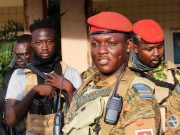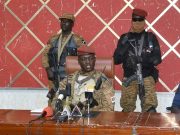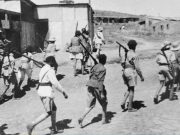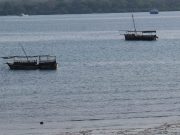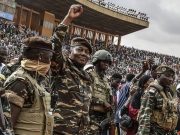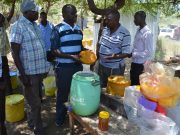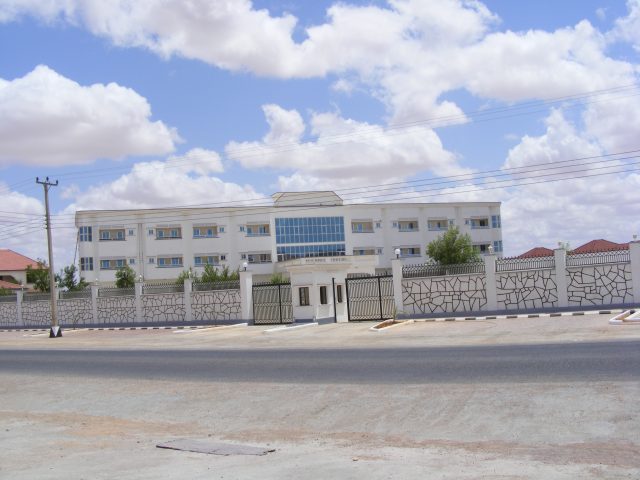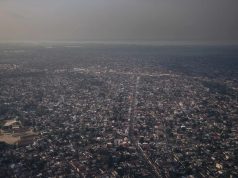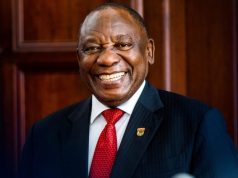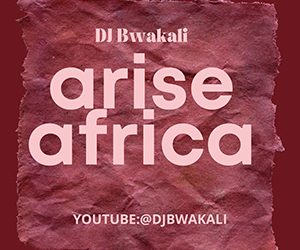I have been watching closely as Sudan’s tragedy deepens, and in that firestorm, Puntland’s name has suddenly been dragged into the smoke. Khartoum has accused Puntland of allowing its port and airport to be used as corridors of war. Sudan alleges that arms and mercenaries passed through Bosaso to feed the RSF. Puntland has denied it, yet the accusation lingers in the air. UAE has faced similar accusations of supporting RSF. They too have denied it even though evidence on the ground suggests otherwise.
This is not a small matter. The United Nations arms embargo on Sudan is still in place until September 12, 2025. Any hint of weapons flowing across Somali soil into Sudan would mean a violation of international law, opening the door to sanctions and reputational damage.
Puntland’s ties to the UAE are real, old, and deep. Abu Dhabi built and trained the Puntland Maritime Police Force during the piracy crisis. Emirati firms signed a thirty-year concession to run Bosaso port. Even after setbacks and violence, that relationship never disappeared.
Against such a backdrop, Puntland is seen not only through its own actions, but through the alliances it keeps. That is the burden of small states and semi-states caught in the orbit of bigger players.
So what is really at stake here? First, there is the law. If Puntland is found complicit in breaching UN measures, it risks not just condemnation but sanctions, frozen investments, the erosion of its fragile credibility. Second, there is the politics of federalism. Mogadishu and Garowe have long been at odds; now, the Sudan file risks becoming another weapon in that quarrel, further weakening Somalia’s collective bargaining power. Third, there is the economy. Bosaso is the jugular vein of Puntland’s trade, and the lifeline of its future. If suspicion around that port deepens, investors and partners will think twice. And fourth, there is the region’s raw security reality: the Gulf of Aden and Yemen corridors are already smuggling highways. If Puntland allows itself to be drawn deeper into those clandestine networks, it risks being consumed by fires not of its own making.
But Puntland is not without options. One pathway is radical transparency. Publish the flight logs, the cargo manifests, the port records. Invite auditors from IGAD, the UN, even from Mogadishu. Nothing disarms suspicion faster than daylight. Another pathway is humanitarian leadership. Imagine Bosaso not as a suspected war corridor but as a relief hub, channeling food, medicine, and tents to Sudanese civilians trapped in the horror. That pivot would not only counter accusations but elevate Puntland into a moral actor.
There is also the power of mediation. Because of its unique ties to the UAE, Puntland has access that others in the region may lack. It can quietly encourage restraint, push for prisoner exchanges, and carve out humanitarian corridors inside Sudan. That is a delicate role, fraught with risk, but also full of promise. On the home front, Puntland must tighten its own systems. It must pass laws that ban mercenary transits, demand end-use certificates for sensitive cargo, and build a sanctions compliance cell to close loopholes before outsiders exploit them.
And finally, there is the hardest but perhaps most rewarding pathway: to work hand in hand with Mogadishu. I know the federal relationship has soured; I know trust is low. But on this issue, the stakes are too high for Puntland to go it alone. A joint oversight body between Puntland and the Federal Government, with neutral chairs, could transform an accusation into an opportunity for Somali unity on a global stage. Let me clarify here that with Somaliland, I view things differently, because Somaliland has been categorical about its need for sovereignty. I support that and will explain why in another article.
Of course, Puntland could choose another path: to double down on Abu Dhabi, to deepen alignment without transparency, to shrug at the criticism. That would please certain actors in the short term, but it would expose Puntland to sanctions risk, alienate partners like Turkey, Qatar, the EU, and fuel Mogadishu’s fury. In the long run, it could prove disastrous.
As I weigh all this, I come back to the role of Africa’s smaller actors in a turbulent region. Puntland, though not a sovereign state, sits on a strategic crossroads of trade, security, and influence. It can either allow itself to be perceived as a pawn in someone else’s war, or it can rise as a neutral broker and humanitarian bridge. The choice is stark. Neutrality, transparency, and relief work will protect its economy and reputation. Quiet mediation will enhance its influence. Hard alignment without accountability will sink it deeper into suspicion.
In the end, this is not just about Puntland or Sudan. It is about what role African entities play in African conflicts. Are we simply corridors for foreign interests, or can we become corridors of peace? Puntland now faces that question head-on. And as a pan-Africanist, I know the answer Africa needs: a Puntland that embraces sunlight, shoulders moral leadership, and chooses the hard road of peace over the easy road of proxy war.
My brothers and sisters, Puntland now stands at a fork in the road. One path leads to suspicion, sanctions, and servitude to foreign agendas. The other path leads to light. To neutrality, transparency, and the power to heal rather than harm. Africa doesn’t need another corridor of weapons. Africa needs a corridor of peace. The question is simple, Puntland: will you be a pawn in someone else’s war, or a pioneer in Africa’s peace?
